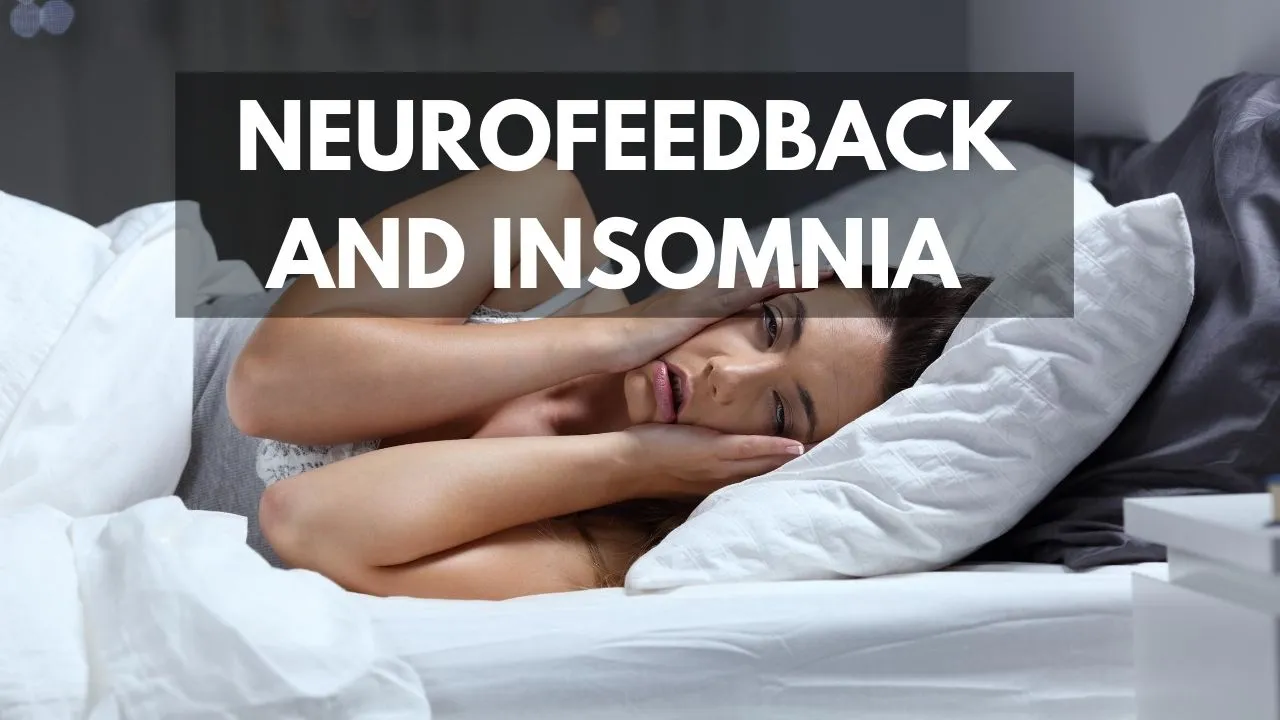Doxylamine: What It Does and Who Uses It
You might know doxylamine as an ingredient in many over-the-counter sleep aids and allergy medicines. It’s a first-generation antihistamine that makes you sleepy by blocking certain brain signals. People take it for short-term insomnia, nighttime allergy relief, and—when combined with vitamin B6—it’s a proven option for treating nausea in pregnancy. That makes it one of those simple drugs that shows up in different places.
How people use doxylamine
For sleeplessness, the usual OTC dose is 25 mg taken 30 minutes before bedtime. That dose often helps people fall asleep faster and stay asleep a bit longer. If you find it too strong, some brands sell lower doses or combination products with smaller amounts.
Pregnancy nausea is treated differently. Doctors prescribe a combination of doxylamine and pyridoxine (vitamin B6). Follow the specific dosing instructions from your provider or the medication label—do not self-dose for pregnancy without medical advice.
People with allergies sometimes use doxylamine for short periods, but because it causes drowsiness, it’s not the best choice for daytime allergy control.
Safety, side effects, and interactions
Drowsiness is the main side effect—so don’t drive or operate machinery after taking it. Other common effects include dry mouth, blurred vision, constipation, and urinary retention. Older adults are more sensitive; doxylamine is on lists that caution against routine use in the elderly because it increases fall risk and confusion.
Mixing doxylamine with alcohol, benzodiazepines, opioids, or other sedatives can cause dangerous drowsiness and breathing problems. Also be careful if you’re on MAO inhibitors or other strong anticholinergic drugs—talk to your prescriber before combining them.
Pregnant and breastfeeding people should check with their clinician. The doxylamine/vitamin B6 combo is a standard, studied option for pregnancy nausea, but self-medicating without guidance is not wise. Doxylamine can pass into breast milk; your doctor can help weigh benefits and risks if you’re nursing.
Use a lower dose or stop if you notice severe side effects like fast heartbeat, high fever, severe confusion, or urinary problems. If sleep problems keep coming back, a doctor can check for underlying causes instead of relying on nightly antihistamines.
Buying doxylamine is simple—many pharmacies sell it OTC. If you order online, pick a reputable pharmacy and keep the original packaging so you can read dosing and warnings. Store it in a cool, dry place away from kids and pets.
Want quick relief for a rough night now and then? Doxylamine can help. Want long-term sleep health? Talk to a clinician about safer long-term options and address lifestyle factors that affect sleep.

Doxylamine and Sleep During Menopause: Can It Help?
Hey there, it's your friendly neighborhood blogger here diving into the world of menopause and sleep. Like many folks, I've seen my fair share of sleepless nights, but it got me thinking, can doxylamine be the answer for those going through menopause? In this post, I'll explore how this medication might just be the helping hand needed to catch some much-needed z's. From understanding how it works to discussing its potential benefits and drawbacks, join me as we unravel the mysteries of doxylamine and sleep during this pivotal phase of life.
November 8 2023